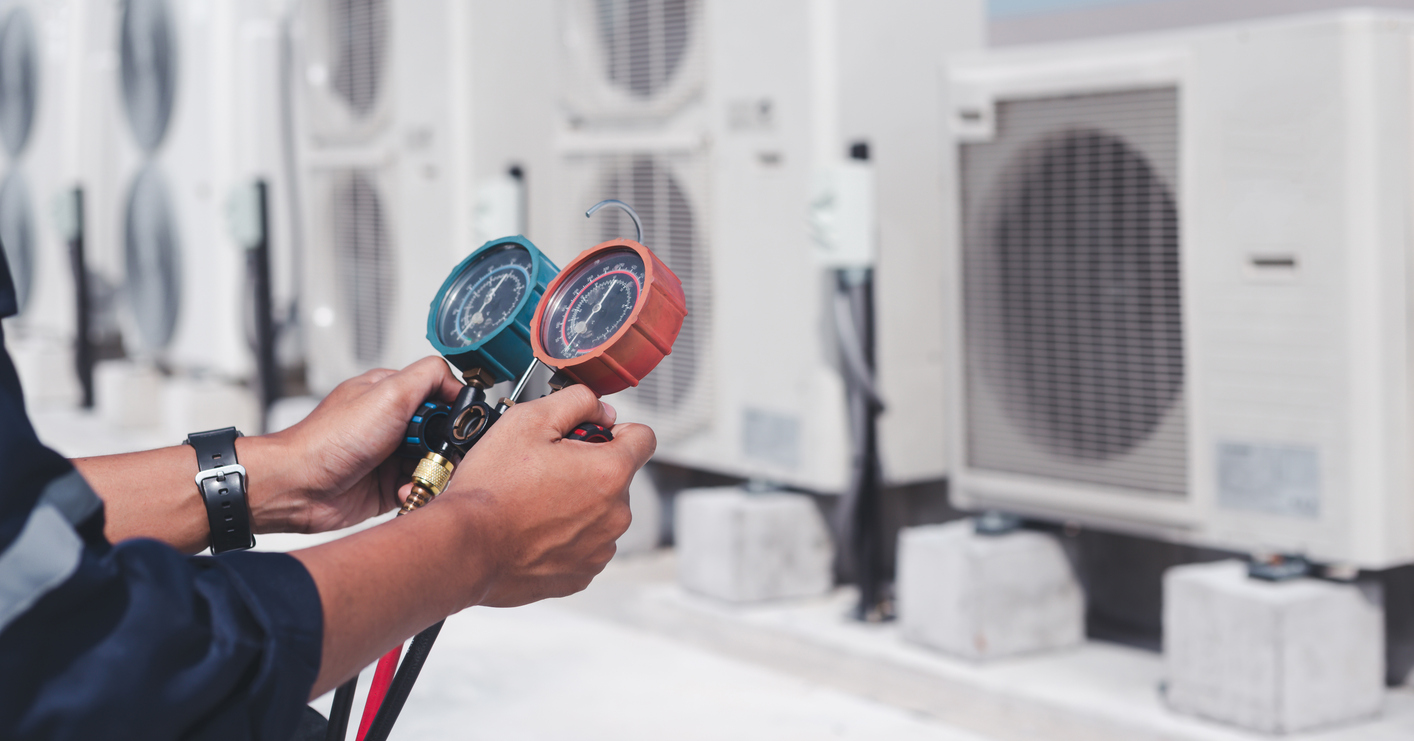How to Value an HVAC Business: A Buyer’s Guide
Posted by Bridge Business Brokers on 1st May 2024

When you are considering purchasing an HVAC (Heating, Ventilation, and Air Conditioning) business, understanding how to accurately value the company is crucial. This guide will break down the valuation process, highlighting key methodologies and factors that affect the business's value, and offering tips for effective negotiation. For expert guidance, get in touch with Bridge Business Brokers today!
Understanding Business Valuation
Valuing an HVAC business involves several steps and requires a thorough analysis of various elements of the business. Here are the primary methods used:
- Asset-Based Approach: This method totals all the investments in the company. It considers both tangible assets (like equipment and inventory) and intangible assets (such as customer relationships and brand value).
- Income Approach: This approach focuses on the potential revenue the business can generate. It uses historical financial data to predict future income, adjusting for cash flow and profit margins.
- Market Approach: This method compares the business to similar companies in the HVAC industry that have recently been sold. This comparison helps determine a competitive market price.
Key Factors Affecting HVAC Business Value
Several factors influence the valuation of an HVAC business. Buyers should consider the following:
- Geographical Location: Areas with extreme weather conditions, like Edmonton, tend to have higher demand for HVAC services, which can increase a business’s value.
- Financial Health: Review financial statements for profitability trends, revenue consistency, and debt levels.
- Client Base: A diverse customer base and long-term contracts typically enhance a business's value.
- Operational Systems: Well-established operating procedures, employee performance systems, and administrative practices are valuable to potential buyers.
- Market Position and Brand: A strong market presence and brand reputation can significantly enhance value.

Work With a Business Broker
A business broker can be instrumental in the valuation and purchase of an HVAC business. They provide critical insights and services:
- Expert Valuation: Business brokers use their knowledge of the market and various valuation models to ensure buyers understand the true value of a business.
- Negotiation Facilitation: Brokers can serve as mediators between buyers and sellers, helping to negotiate terms that meet the needs of both parties.
- Streamlining Transactions: They manage the complexities of business transactions, ensuring all legal and financial processes are handled efficiently.
Tips for Buyers
When evaluating an HVAC business, consider these tips:
- Review Historical Performance: Look at past financial records, customer reviews, and business growth trends.
- Evaluate the Workforce: Understand the skills and efficiencies of the employees. A skilled, stable workforce can signify a well-run business.
- Assess Equipment and Inventory: Ensure that the HVAC equipment and inventory are modern and well-maintained.
- Consider Legal Compliance: Check for any legal issues or disputes that might impact the future of the business.
- Plan for Post-Acquisition: Have a clear strategy for the first 90 days post-acquisition. This plan should include operational, marketing, and financial strategies.

Effective Negotiation Strategies
Negotiating the purchase of an HVAC business requires preparation and strategic thinking. Use these strategies to your advantage:
- Understand Seller Motivations: Knowing why the seller is exiting the business can provide critical leverage in negotiations.
- Financial Due Diligence: Thoroughly analyze all financial documents and forecasts. This will prepare you to discuss terms knowledgeably and assertively.
- Use a Broker: A business broker can offer valuable advice on the fair market price and help facilitate discussions.
- Prepare to Walk Away: Be ready to walk away if the deal does not meet your investment criteria. This stance often brings the seller towards more favorable terms.


Making the Right Investment Decision
Before finalizing any purchase, ensure you have conducted a comprehensive evaluation. Consider employing the expertise of a business broker to navigate through complex valuation details and negotiation processes. If you are looking for opportunities, explore listings such as those provided by Bridge Business Brokers, which currently offers a HVAC business in Edmonton with a proven track record for sale. By assessing all these aspects carefully, you will make a well-informed decision that aligns with your business goals and financial plans.
This detailed buyer's guide ensures you approach the purchase of an HVAC business with the necessary knowledge and strategies, positioning you to negotiate and close the deal effectively. Call us today to get started.


